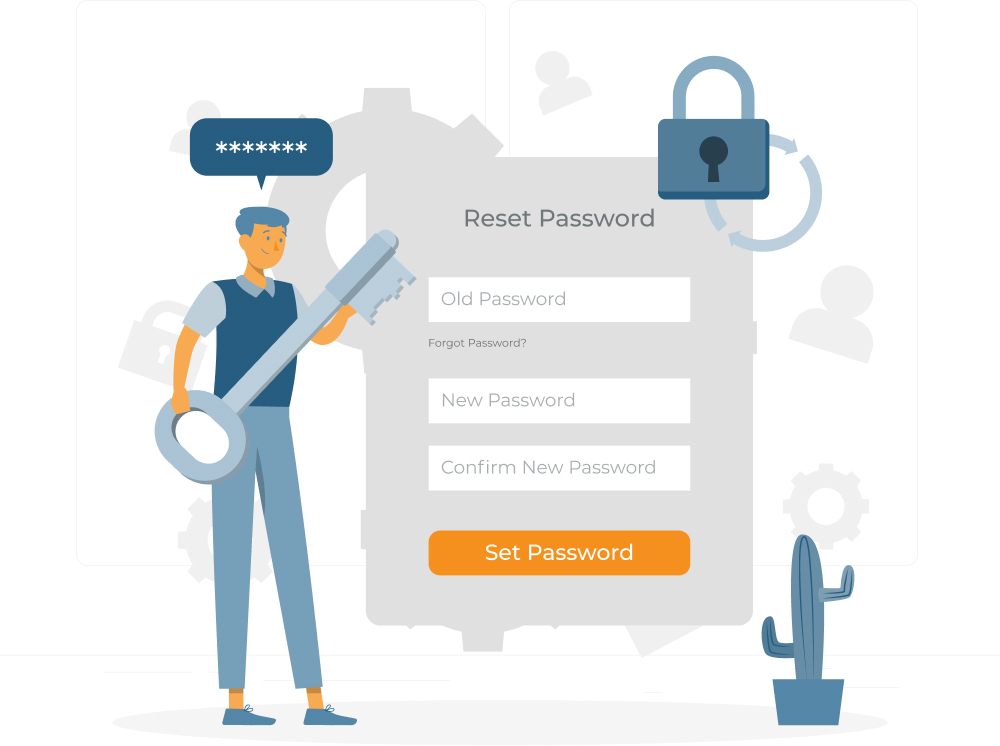If you’re out of a job, or looking to ace that one promotion you applied for a few weeks back, you’re probably attempting to better your resume to earn a shot at standing out from the crowd. The average Joes will focus their efforts on listing all their qualifications and merits; these are the hard skills, units of knowledge which you gain during your degree or training program and narrows down the jobs you are pursuing. They are critical, and not to be taken lightly- but soft skills are just as important.
Most job-seekers fail to comprehend that, with technology improving exponentially, knowledge is cheap and easy to attain. Online academies, Youtube videos, and websites such as Wikipedia, have made knowledge more readily available. This is why, nowadays, the average job listing attracts an average of 35 applicants.
How do you stand out from the crowd?
So, how do you stand out from amongst 35 individuals who, more or less, have the same knowledge as you? Unless you’ve got experience to sell, soft skills might be your redeeming quality. Soft skills are interpersonal traits that you are either born with or pick up over the years through social cues. Whilst hard skills build your intelligence quotient, soft skills are what make you emotionally intelligent. Soft skills might not land you a job on their own, but paired with the ideal set of hard skills, and they can put you a cut above all the other candidates. In fact, making use of your soft skills is an integral part of bringing your A-game to work, as we’ve illustrated in our past blog post. Furthermore, studies have shown that employees who showcase soft skills, in addition to technical abilities, earn an average of 10% more than employees that focus on a singular area.
Are soft skills really important for your career?
Since soft skills are harder to quantify and, more often than not, do not come with a certificate, these traits tend to be overlooked. Fresh graduates, especially, will step foot in the business world thinking they have little to bring to the table. Technically speaking, if you’re a student with leadership, communication, time-management or problem-solving abilities, then you are in high demand! In fact, these 4 soft skills are among the most sought-after traits by today’s employers.
The fact is, just about every job requires its employees to engage with one another. While the education system might have attempted to promote teamwork, few individuals graduate being able to execute in a team. Therefore, while you might be up against someone with higher qualifications than you, your ability to collaborate will serve as a differentiator across your job search. In fact, according to a study led by Wonderlic in 2016, 93% of employers saw soft skills to be ‘essential’ or ‘very important’ to the hiring process.
Going back to your resume, we recommend you integrate your soft skills into your cover letter. Alternatively, if you wish to shine a light on your social skills, we recommend you emphasise them during your interview. The beauty of soft skills is that, if you possess them, they will shine through your every interaction. In fact, we believe that the impression you make during your job interview is what determines whether you land the position or not. For this reason, it’s important that you’re well prepared for your interview ahead of time. It’s for that reason that we put a few tips together in our past blog post to prepare you for your next job interview.
Not all is lost if you’re lacking in soft skills!
In the event that you’re finding it hard to list down your unique set of soft skills, don’t despair. Soft skills are transmissible and can be picked up during day-to-day interactions as well as public seminars and workshops. Just keep an eye out for events happening in your area and work pragmatically on bettering yourself every day.
Now that you’ve been equipped with all this insightful information, we recommend you scour through the 1000+ job listings on our website. Make sure to check them out!

